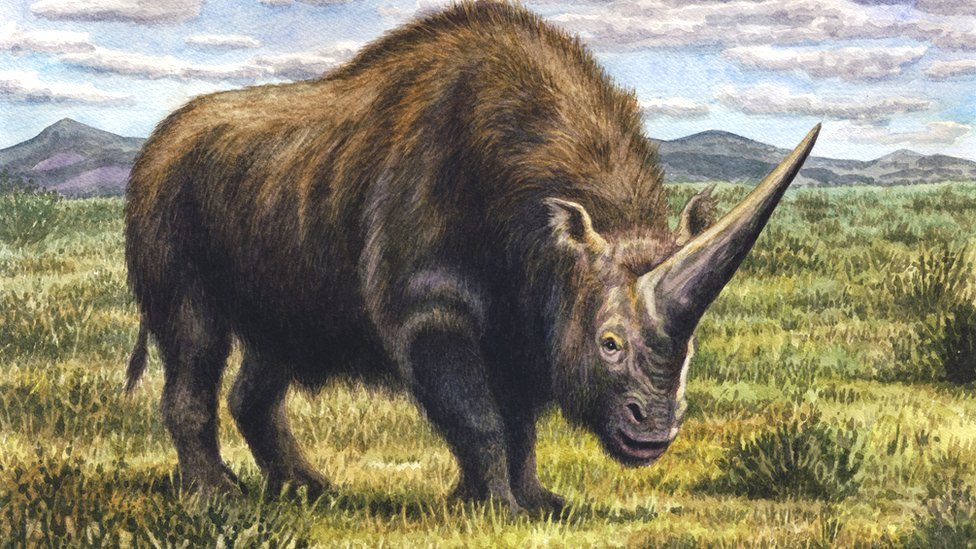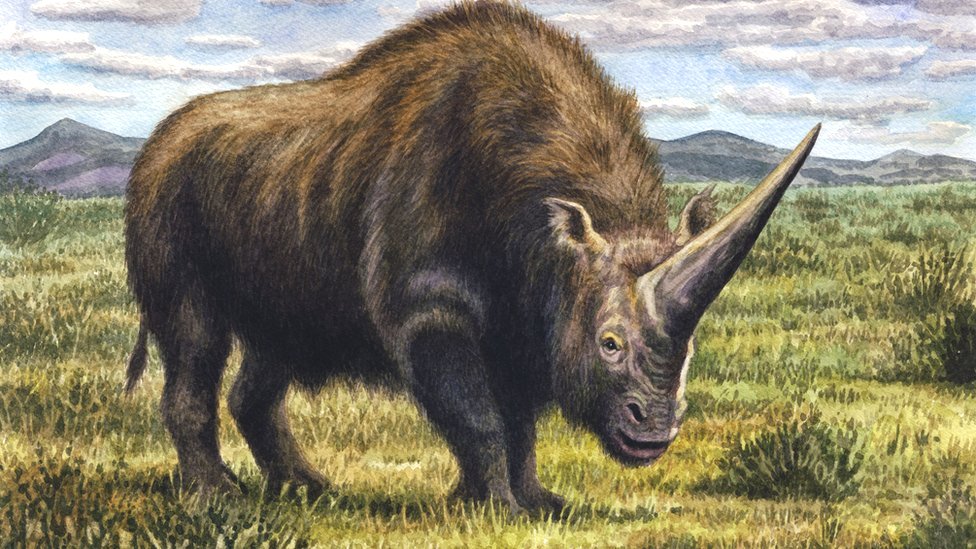
Unicorns are mythical creatures that are often associated with magic and mystery. But did you know that unicorns are mentioned in the Bible as well? In the King James Version of the Bible, unicorns are mentioned in several verses including Numbers 23:22, Numbers 24:8, Deuteronomy 33:17, Job 39:9-12, Psalm 22:21, Psalm 29:6, Psalm 92:10, and Isaiah 34:7.
One of the most well-known references to unicorns in the Bible can be found in Numbers 23:22, which states, “God brought them out of Egypt; he hath as it were the strength of an unicorn.” This verse suggests that the unicorn is a symbol of strength and power, which is a common interpretation of the creature in many myths and legends.
In another instance, the unicorn is mentioned in Deuteronomy 33:17, which describes the blessings of the tribe of Joseph. It says, “His glory is like the firstling of his bullock, and his horns are like the horns of unicorns: with them he shall push the people together to the ends of the earth.” Here, the unicorn is associated with the strength and power of Joseph, further emphasizing the creature’s symbolic representation of strength and might.
Job 39:9-12 also references the unicorn, describing its untameable nature. It says, “Will the unicorn be willing to serve thee, or abide by thy crib? Canst thou bind the unicorn with his band in the furrow? Or will he harrow the valleys after thee? Wilt thou trust him, because his strength is great? Or wilt thou leave thy labour to him?” This passage highlights the wild and uncontrollable nature of the unicorn, suggesting that it cannot be tamed by humans.
In Psalm 22:21, the unicorn is mentioned in a prayer for deliverance. It says, “Save me from the lion’s mouth; for thou hast heard me from the horns of the unicorns.” Here, the unicorn’s horns are seen as a symbol of protection and deliverance, implying that God can save his people from danger and harm.
Psalm 29:6 also references the unicorn in a poetic description of God’s power. It says, “He maketh them also to skip like a calf; Lebanon and Sirion like a young unicorn.” This verse uses the image of a unicorn to convey the idea of gracefulness and agility, further adding to the mythical allure of the creature.
The unicorn is mentioned once again in Psalm 92:10, which describes the fate of the wicked. It says, “But my horn shalt thou exalt like the horn of an unicorn: I shall be anointed with fresh oil.” Here, the unicorn’s horn is seen as a symbol of victory and success, suggesting that those who are faithful to God will be rewarded.
Lastly, Isaiah 34:7 references the unicorn in a passage describing God’s judgment upon the nations. It says, “And the unicorns shall come down with them, and the bullocks with the bulls; and their land shall be soaked with blood, and their dust made fat with fatness.” This verse uses the image of unicorns to convey the idea of divine retribution and punishment upon the wicked.
In conclusion, while unicorns are often seen as mythical creatures in popular culture, they are also mentioned in the Bible in various verses that highlight their symbolic significance in representing strength, power, protection, and divine judgment. By examining these references, we can gain a deeper understanding of the significance of unicorns in biblical literature and their role in conveying important spiritual messages.
The unicorn has to be more than a symbol because of the way it is described in the book of Job, and I do not believe it was a horse with a horn on its head.
The picture below is a Siberian unicorn. It was dated at 15 to 20 thousand years ago. I do not believe that carbon dating is accurate. It is said it walked when man was alive. Look at Job 39:9-12 there he describes a unicorn.

Could they not be describing a rhino
LikeLiked by 1 person
Yes they could but I believe there have been creatures that roamed the earth we know nothing about. They are finding more evidedence now than ever before. I just don’t believe they are putting the right dates on them.
LikeLiked by 1 person